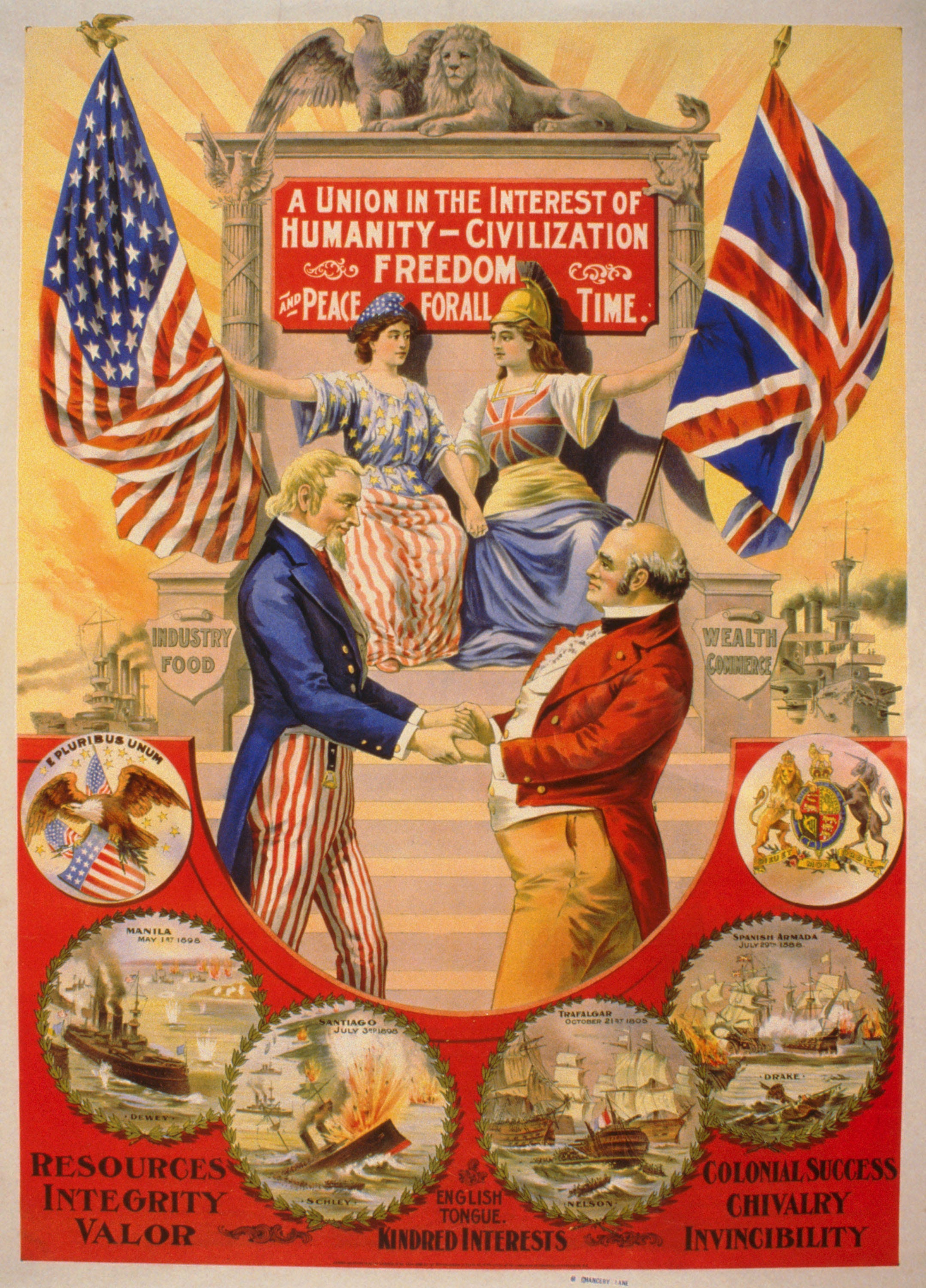This is the fourth of four posts relating to the vision of ‘The American Century’ that animated the creation of the postwar world order. The first looks at the rousing of the US toward global responsibilities in the Second World War, culminating in the establishment of the National Security State. The second examines the postwar notion of America as ‘The Leader of the Free World.’ The third considers the notion of ‘Freedom on the March,’ evolving from a Cold War mission to rationale for twenty-first century ‘forever wars.’ The fourth frames our current challenges as the political economy of empire.
Politics is the entertainment division of the military-industrial complex. —Frank Zappa
Covenants, without the sword, are but words and of no strength to secure a man at all. —Thomas Hobbes, Leviathan
Writing in the late nineteenth century, an English historian concluded that the British Empire was established in a fit of absent mindedness. By contrast, America’s empire took shape amid a methodically managed episode of cognitive dissonance.
After 1945 Americans regarded international preeminence as our birthright, overlooking contradictions with our nation’s ideals and institutions.
The United States was conceived in rebellion against the British empire. Our example was a highly intentional rebuke to the notions of monarchy and empire that were the historical norm. Our Constitution was designed to limit power, distributing it among contending branches of government. Our president would not be a monarch. Our government would not be an empire.
Keep reading with a 7-day free trial
Subscribe to The New Nationalist to keep reading this post and get 7 days of free access to the full post archives.





